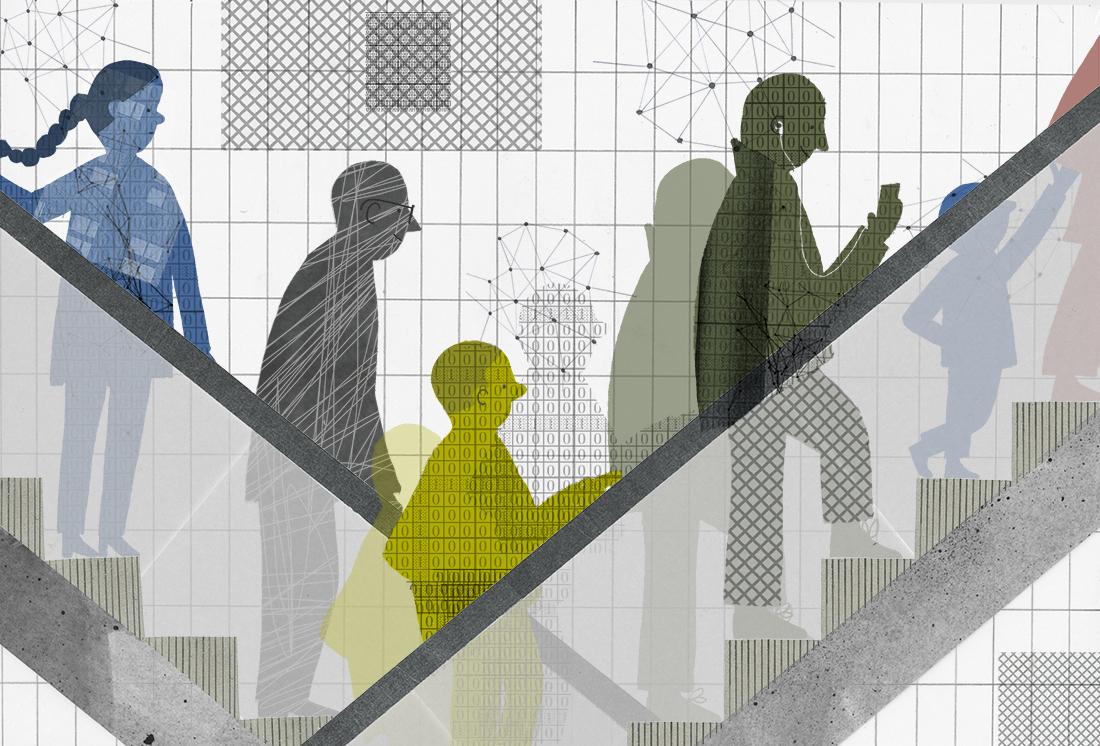AI and countervailing power in the UK
Reflections, learnings and take-aways from JRF's November 2024 workshop, aimed at mapping and assessing sources of AI countervailing power in the UK.

JRF is looking at the potential for AI to generate public good. We'll be platforming some inspiring thinkers while positioning ourselves as an inquisitive explorer of this topic.
We’re exploring the potential for AI to be a force for public good and an instrument in the work we do to transition to a poverty-free future. We're not trying to push one specific viewpoint or propose specific policies. Instead, we want to start conversations and connect people from different fields to contribute to the ongoing discussions about AI.
In this work we aim to:
Our goal is to look not only at the practical implications of AI on the social sector, but also to think about power dynamics, relationships and the values AI promotes. We’ll do this as open, inquisitive and humble explorers of both the potential and the shortcomings of AI in the public sphere.
We asked several experts the question: 'To what extent can AI improve public policy-making?' Authors have written a range of reflections - from the cautiously optimistic, to the fiercely critical.
In Dan MacQuillan's essay he argues that while AI may appear to offer benefits to public policymaking, it can't address the tricky structural issues that impede actual change, and will only amplify injustices.
Whereas Imogen Parker's essay asks if we can find a middle path between the idealised potential, and messy reality, of government using AI to shape public policymaking?
Reflections, learnings and take-aways from JRF's November 2024 workshop, aimed at mapping and assessing sources of AI countervailing power in the UK.
Why and how do non-profit and grassroots organisations engage with generative AI tools, and the broader AI debate?
Four exciting and creative writers explore the impacts of mainstream narratives on AI, the stories they tell and the voices they do and don’t include.
The first blog in JRF's AI for public good project. Yasmin Ibison outlines the project's aims and the key questions it will explore.